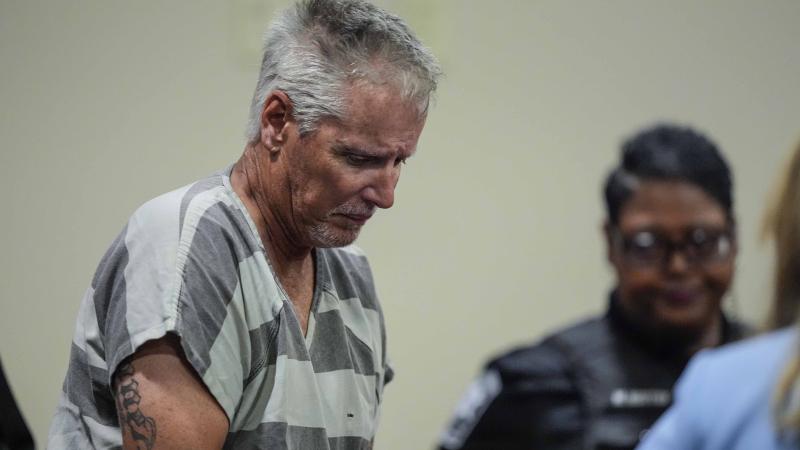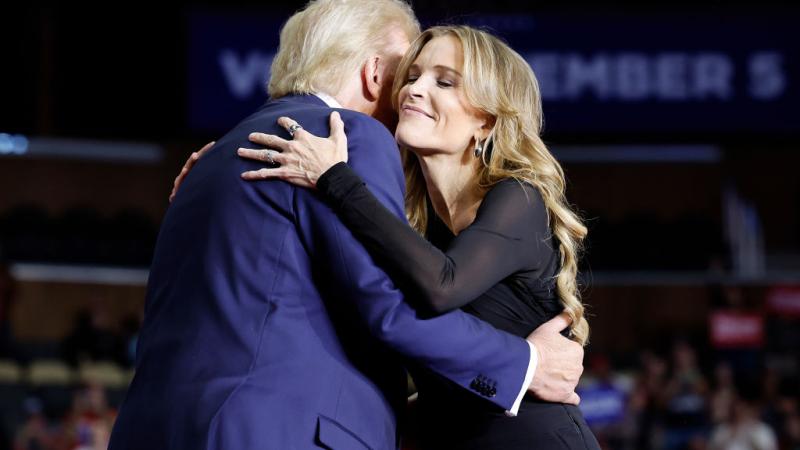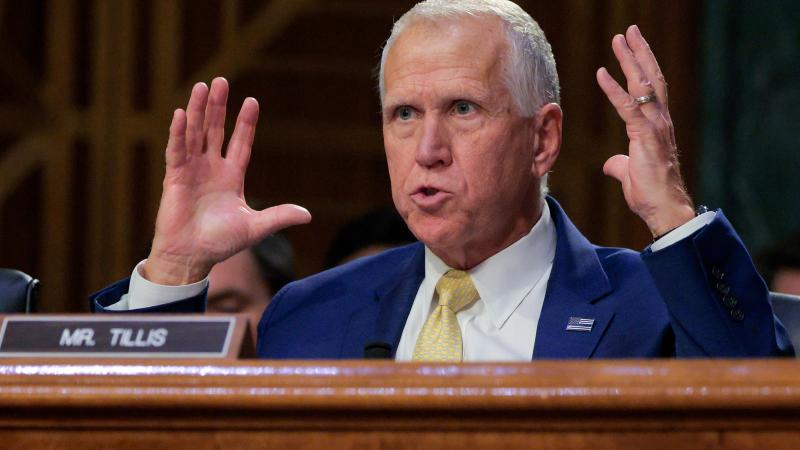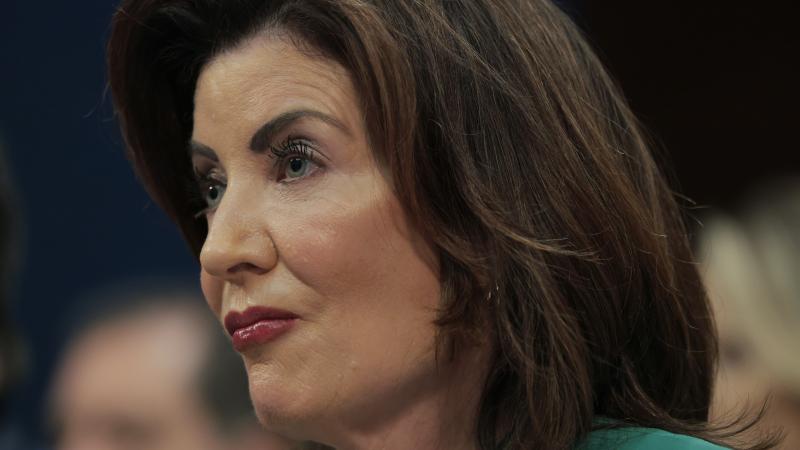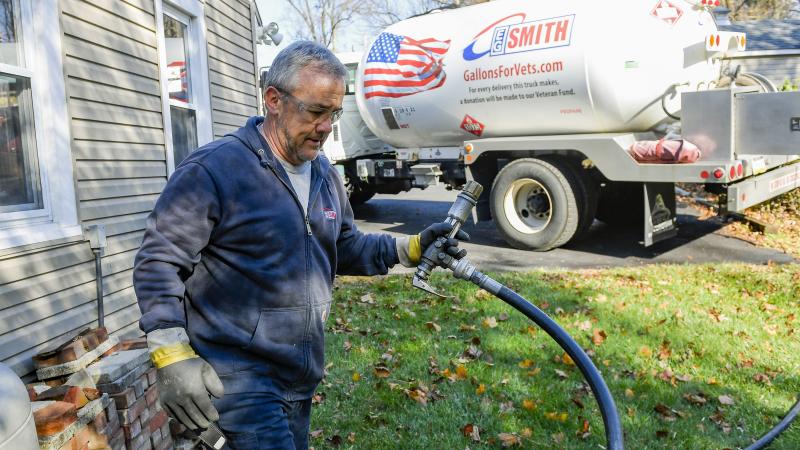Biden, Harris lead Democrats' U-turn on vaccines
Earlier skepticism during Trump era has been replaced with ironclad certainty.
"I will not take his word for it."
Those were Vice President Kamala Harris's remarks last September when asked if she would feel comfortable being injected with a vaccine produced under the administration of then-President Donald Trump.
Harris, at the time the Democratic vice presidential nominee, qualified her answer somewhat. "I will say that I would not trust Donald Trump, and it would have to be a credible source of information that talks about the efficacy and the reliability of whatever he's talking about," she said.
Of course, it was never in doubt that a vaccine authorized for widespread use would have first been greenlit by a "credible source." The end result of Harris's suggestion that Trump himself would have been the sole arbiter of a vaccine's efficacy was to paint the upcoming vaccine itself in a negative light, whether intended or otherwise.
Harris was not alone. Multiple high-ranking Democrats last year participated in a public push to cast the prospective Operation Warp Speed vaccines as somehow tainted by association with President Trump. Among them was then-candidate Joe Biden, who at a September press conference last year strongly implied that vaccine production under Trump might have somehow been compromised by political opportunism.
"We can't allow politics to interfere with the vaccine in any way," he said. "Americans have had to endure President Trump's incompetence and dishonesty when it comes to testing and personal protective equipment. We can't afford to repeat those fiascos when it comes to a vaccine.
"I trust vaccines. I trust scientists. But I don't trust Donald Trump. And at this moment, the American people can't either."
Around the same time, Rhode Island Sen. Sheldon Whitehouse suggested that even the imprimatur of expert scientists might not be enough to satisfy him that the vaccine was safe. "I would like to say FDA approved and CDC recommended," he told CNN at the time, "but given how those two agencies have gotten screwed up by President Trump, there is an asterisk by that. Unfortunately, they aren't the gold standard any longer, so you need to take a slightly closer look."
Experts contend that the vaccine criticism coming from leading Democrats last year likely had little effect on the overall trajectory of vaccine uptake across the country. Steven Smith, a political science professor at Washington University in St. Louis, pointed to data from last year that showed Democratic willingness to be vaccinated remaining high while Republican willingness declined through the spring and summer.
"I do not see evidence that these comments expressing distrust of the Trump administration had much impact," he said. "The comments did not seem to make Democrats particularly distrustful or Republicans less hesitant."
David Bateman, an associate professor in the government department at Cornell University, echoed that assessment.
Criticism of the Trump administration's Operation Warp Speed "seems very doubtful to have had any lingering impact given the subsequent pattern of a relatively broader uptake of vaccinations among Democratic constituencies," he said, "especially where state governments, usually Democratic but not always, have both facilitated and encouraged vaccinations."
Still, the contrast could hardly be more striking between Democratic cynicism about the vaccine program under Trump and the party's aggressive championing of vaccinations under Biden.
Nowhere is the about-face more evident than in the Biden administration. Whereas Biden and Harris once implied that Americans should be scared to get the vaccine, White House Press Secretary Jen Psaki admitted this month that the administration is pushing heavily for social media companies to censor what she called "misinformation" on vaccines and other political issues.
President Biden himself, meanwhile, this month said the country should mount a "door-to-door" vaccine outreach effort in order to boost flagging inoculation rates, a proposal which generated intense backlash from conservatives.
Political calculation likely played a role in both the Democrats' original vaccine skepticism as well as their subsequent reversal. During the 2020 campaign it was advantageous for Democrats to downplay the looming success of Trump's Operation Warp Speed, even to the point of making Americans fear it, while now any successes of the program can be more readily co-opted by the Biden administration.
A slowdown in the U.S. rate of vaccinations, meanwhile, is also potentially driving the Biden administration's aggressive push: Less than one-half of the U.S. has been fully vaccinated against COVID-19, with vaccine uptake rates having slowed to a crawl over the summer.
The White House will surely continue to push hard for vaccines — a higher rate would be a valuable trophy for the Biden administration and, by extension, Democrats going into the 2022 midterms. At a press conference earlier this month, Psaki made an aggressive argument against what she said was a widespread disinformation campaign on COVID-19 vaccines.
The "failure to provide accurate public health information, including the efficacy of vaccines and the accessibility of them to people across the country," she argued, "is literally killing people."







